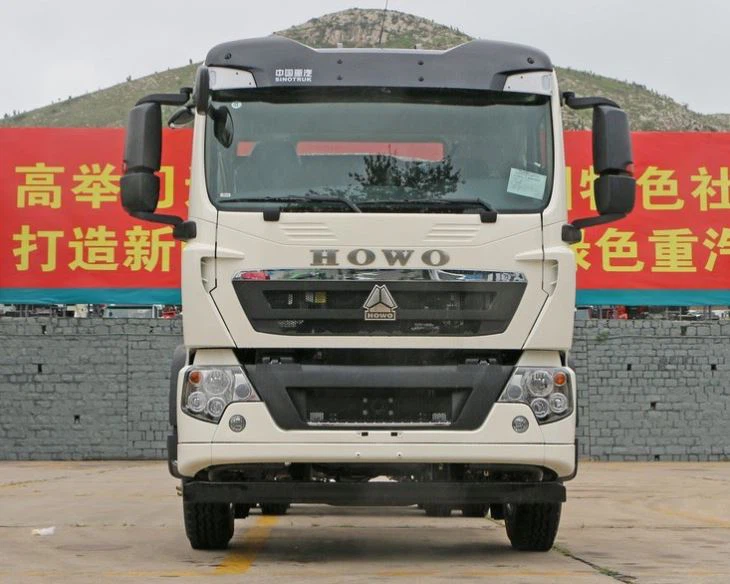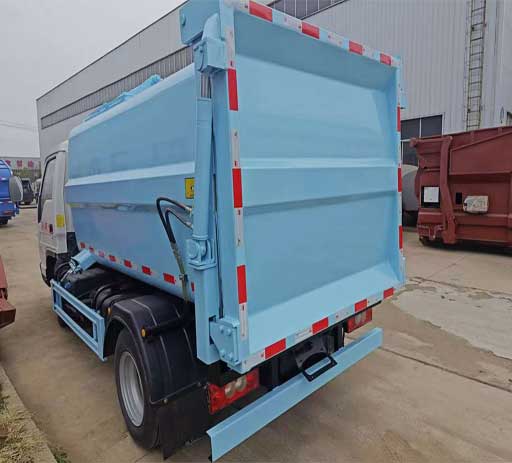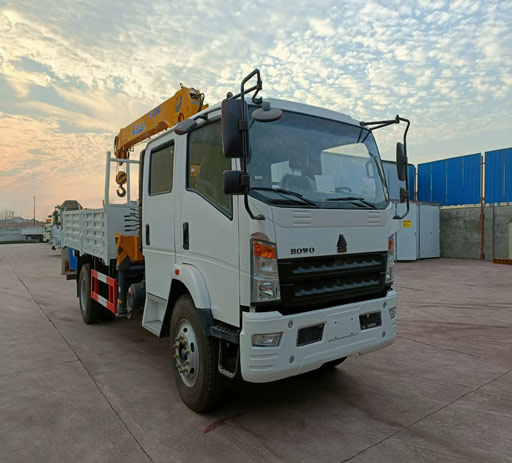Understanding the Ford F650 GVW: Specifications, Benefits, and Applications

Introduction to the Ford F650 GVW
The Ford F650 is a formidable vehicle in the commercial truck market, well-known for its robust performance and impressive Gross Vehicle Weight (GVW) capabilities. Designed to tackle substantial loads while providing drivers with heightened maneuverability, the F650 has become a preferred choice for businesses requiring serious hauling capabilities. In this article, we will explore the Ford F650 GVW in-depth, including its specifications, benefits, applications, and the factors that make it stand out from the competition.
What is GVW and Why It Matters?
Defining Gross Vehicle Weight
Gross Vehicle Weight (GVW) refers to the total maximum weight a vehicle can safely carry, including its own weight plus the weight of any cargo, fuel, passengers, and additional equipment. For commercial vehicles like the Ford F650, understanding this metric is crucial for both safety and legal compliance.
Importance of GVW in Commercial Vehicles
The GVW rating is essential for several reasons:
- Legal Compliance: Exceeding the GVW can result in severe penalties, including fines and title loss.
- Safety: Proper adherence to GVW ensures the vehicle operates within safe limits, preventing accidents and mechanical failures.
- Performance: Understanding GVW allows fleet operators to optimize load management and vehicle performance.
Ford F650 Specifications Overview
Engine Options
The Ford F650 offers several engine choices, catering to a variety of performance requirements:
| Engine Type | Horsepower | Torque | Fuel Type |
|---|---|---|---|
| 6.8L V10 Gas | 362 hp | 457 lb-ft | Gasoline |
| 6.7L Power Stroke V8 Turbo Diesel | 330 hp | 725 lb-ft | Diesel |
Transmission and Drivetrain
The F650 features robust transmission options capable of handling high hauling capabilities:
- Transmission: Available with both automatic and manual options, including a 6-speed automatic transmission designed for optimal performance.
- Drivetrain: It offers both 4×2 and 4×4 configurations to meet different operational needs.
Dimensions and Capacities
Understanding the key dimensions and capacities of F650 is fundamental for users:
| Specification | Measurement |
|---|---|
| Overall Length | Approx. 22 feet |
| Overall Width | Approx. 8.5 feet |
| GVW Rating | Up to 26,000 lbs |
| Payload Capacity | Approximately 12,000 lbs |
Benefits of Ford F650 for Businesses
Strong Performance and Versatility
The Ford F650 is engineered for high-load applications, making it an excellent choice for various industries such as construction, landscaping, and delivery services. Its blend of power and agility facilitates smooth transportation of goods and materials.

Durability and Reliability
Built with high-strength materials and advanced engineering, the Ford F650 is designed to endure rigorous working conditions and heavy usage. This vehicular reliability translates into lower maintenance costs and increased uptime for businesses.
Customizability
The Ford F650 can be tailored to meet specific business needs. Options for cab styles, chassis lengths, and cargo bodies allow business owners to configure their trucks according to their operational requirements.
Common Applications of the Ford F650
Construction and Heavy-duty Hauling
Its GVW, powerful engine, and robust build make the F650 perfect for transporting heavy construction equipment, large materials, and debris disposal.
Landscaping and Tree Services
For landscaping companies, the F650 offers the capacity to haul large quantities of soil, gravel, and pine mulch, as well as tools and equipment necessary for jobs.
Towing Trailers and Equipment
With significant towing capabilities, the Ford F650 is an excellent choice for businesses needing to transport trailers or heavy equipment.
Choosing the Right Ford F650 for Your Needs
Assessing Your Business Requirements
Consider your typical loads, towing needs, and ride conditions. Understanding how you plan to use the vehicle can guide you in selecting the engine type, transmission, and other features tailored to your business.
Maintaining Compliance with Weight Regulations
Familiarize yourself with DOT weight regulations to ensure your F650 operates within legal limits. Regularly monitor loads to prevent any compliance issues.
Evaluating Operating Costs

Consider the long-term costs associated with fuel consumption, maintenance, and insurance when choosing your Ford F650 configuration.
Common Accessories and Add-Ons for the Ford F650
Bed and Cargo Options
Customization options can significantly enhance the F650’s utility. Businesses can opt for flatbeds, dumps, service bodies, or specialized cargo holds depending on their requirements.
Advanced Technology and Safety Features

Modern Ford F650s may come equipped with various technologies, including:
- Adaptive Cruise Control: Ensures a safer, more efficient driving experience.
- Blind Spot Monitoring: Helps prevent collisions by providing alerts when another vehicle is in the blind spot.
Fuel Efficiency and Performance Enhancements
Investing in fuel efficiency upgrades, such as performance chips or eco-friendly tires, can significantly reduce operating costs over time.
Frequently Asked Questions (FAQ)
1. What is the maximum GVW of a Ford F650?
The Ford F650 has a Gross Vehicle Weight Rating (GVWR) of up to 26,000 lbs.
2. Can a Ford F650 be used for personal use?
While primarily designed for commercial applications, some individuals use it for personal purposes, especially for towing or heavy hauling.
3. What is the fuel economy of a Ford F650?
Fuel economy can vary based on the engine and load. Generally, expect around 10-12 miles per gallon.
4. Does the Ford F650 require a special driver’s license?
In the U.S., operating a vehicle over 26,000 lbs typically requires a commercial driving license (CDL).
5. How often should I service my Ford F650?
Regular maintenance is critical; typically, service intervals are recommended every 5,000 to 7,500 miles, depending on usage and conditions.
6. What types of businesses commonly use Ford F650 trucks?
Common industries that utilize the Ford F650 include construction, landscaping, transportation logistics, and utilities.
